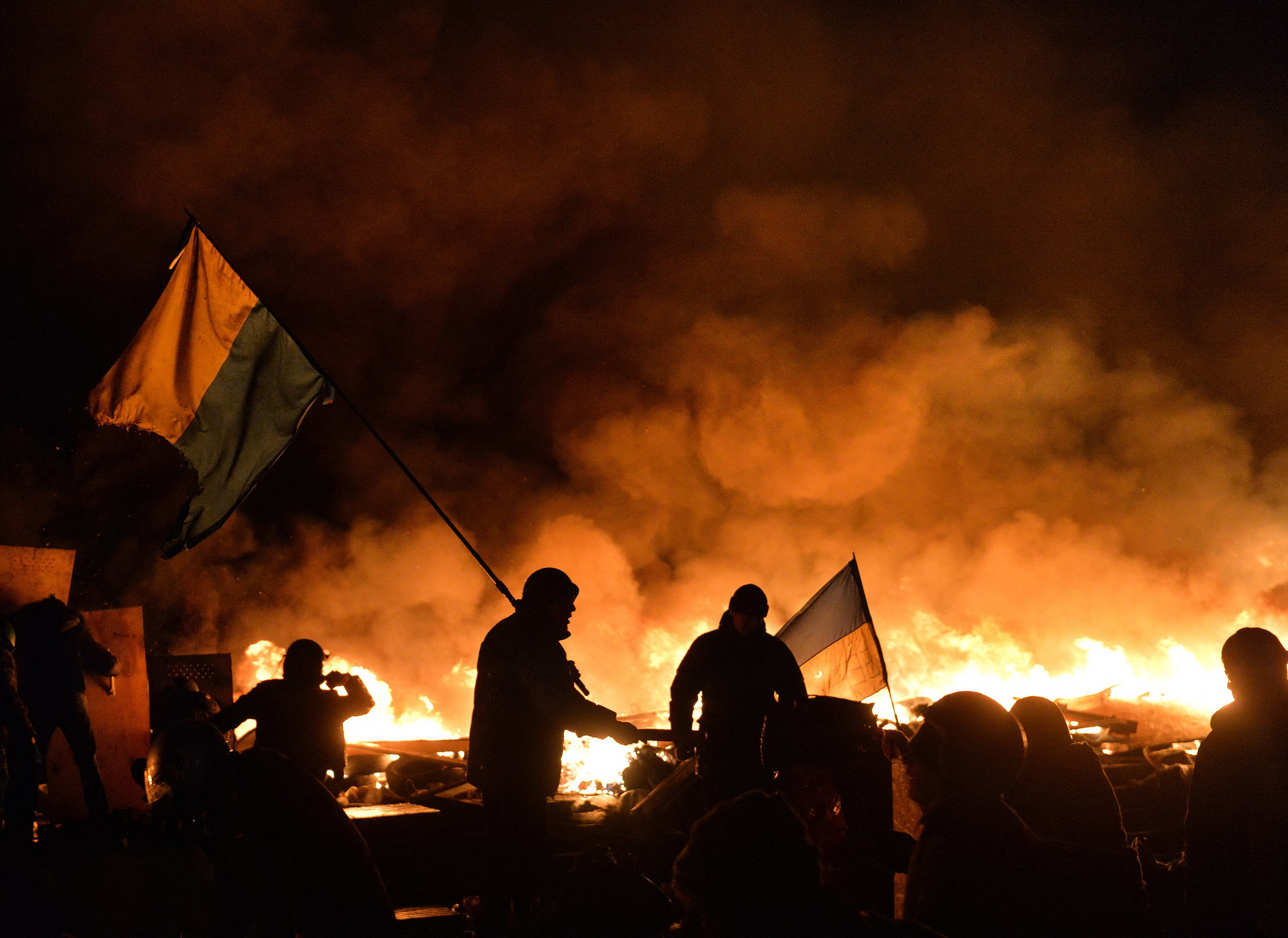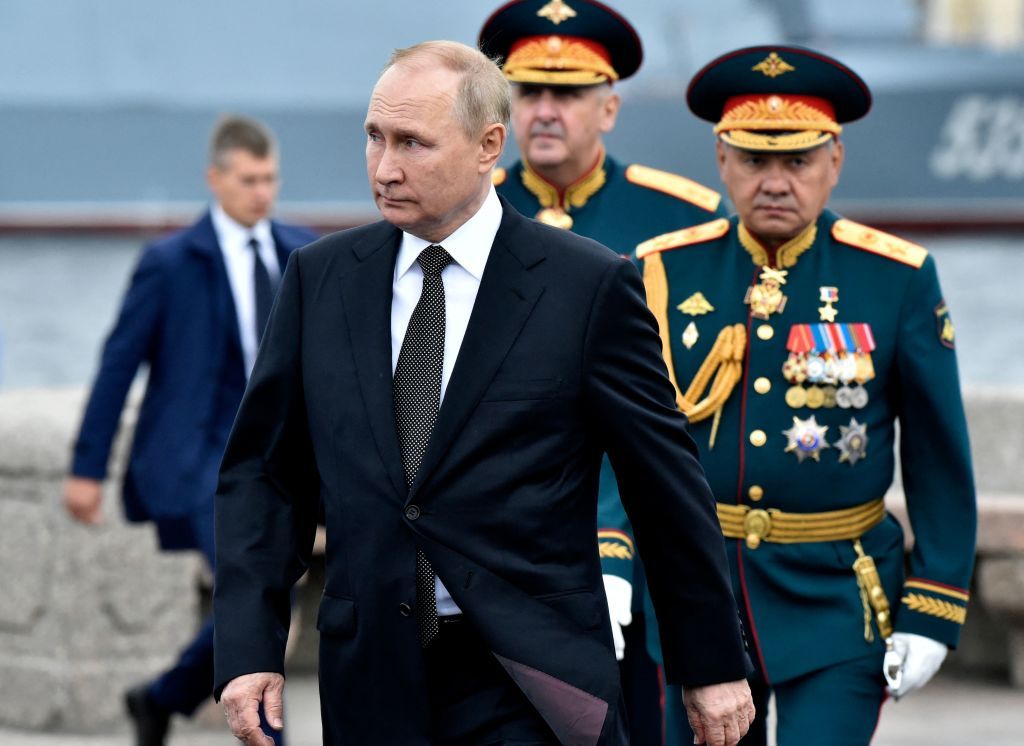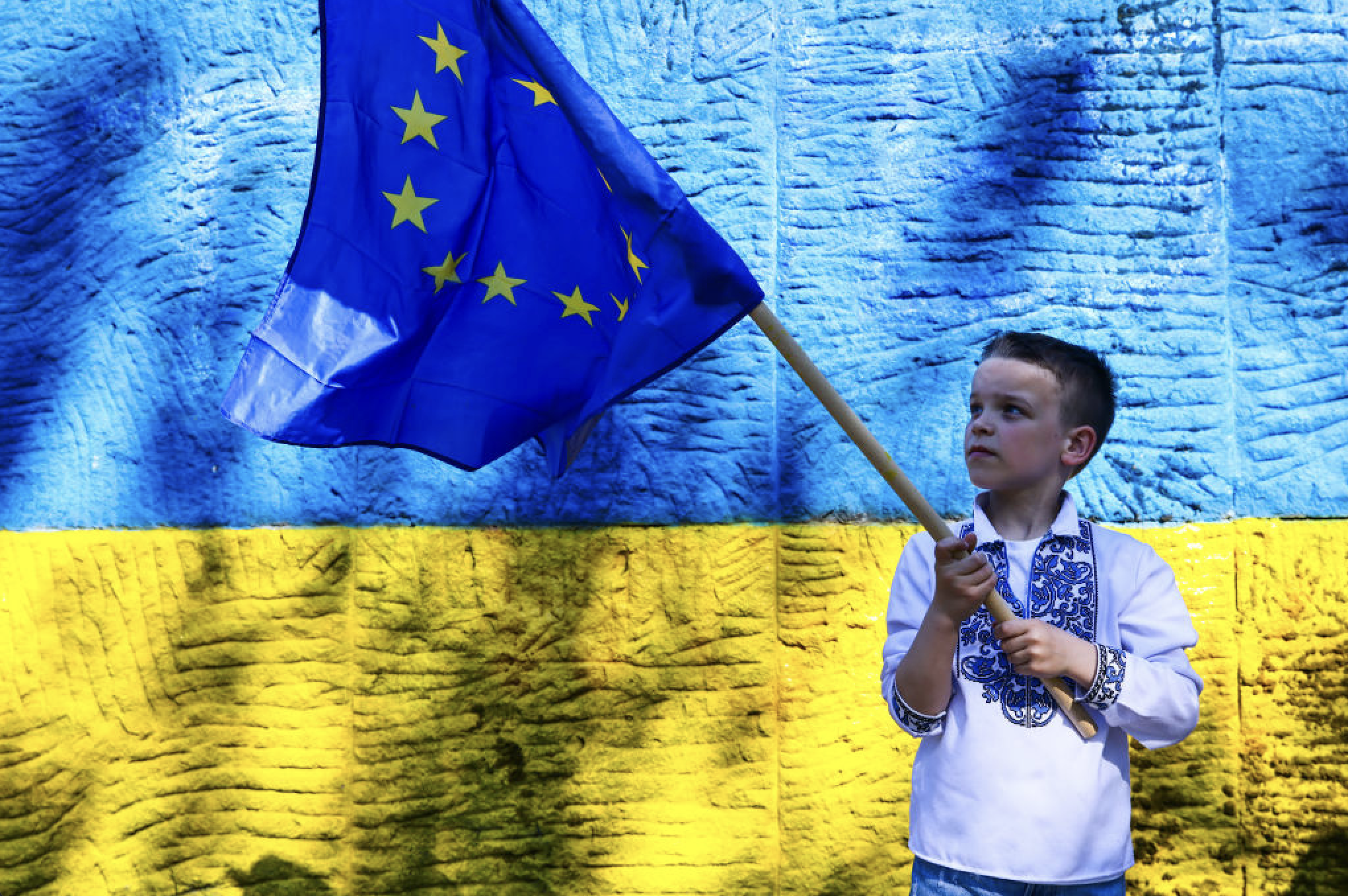STOCKHOLM – Strange as it sounds, the European Union’s most successful policy ever has been deeply unpopular in Brussels for the past decade. But now, the view from the bloc’s political and governing institutions is changing. EU enlargement is back on the agenda, and it will remain there.
The EU’s enlargement and evolution has radically changed Europe. The bloc has grown from six members to the current 27. While it was originally meant to facilitate Franco-German reconciliation in the mid-20th century, it soon became a vehicle for securing democracy in southern Europe after the fall of the dictatorships in Greece, Portugal, and Spain. And then, after the fall of communism, EU enlargement fundamentally transformed much of Central and Eastern Europe.
The EU owes its prosperity to its vast internal market, where people, goods, ideas, and capital can move freely, and where many old borders and barriers have gradually disappeared. European enlargement and integration have not always been easy, nor is the process complete. But it has been a monumental success, overall.

But enlargement has rarely been popular. Within the political bubbles of the European Commission and the European Parliament, there has always been murmuring about the attendant institutional challenges, budgetary problems, and disruptions to the status quo.
Such complaints – which are echoed by some key member states – help to explain why the EU enlargement process stalled around a decade ago. The last new member to be admitted was Croatia, in 2013. Meanwhile, the rest of the Western Balkans have been left out, despite the official invitation they received two decades ago (admittedly, some of them have not been particularly helpful in advancing their own accession).
But now, Russia’s war against Ukraine has changed the situation. Ukraine applied for EU membership just days after the invasion, and the EU recognized its status as a candidate in record time. What had previously been unthinkable suddenly became a strategic necessity. Following the elections to the European Parliament in June 2024, the next European Commission will be expected to make enlargement one of its top priorities.
True, this change comes with risks. Ukraine’s accession process could end up stalled, like the Western Balkan countries’ process did after the post-Yugoslav wars of the 1990s. Yet there is good reason to think that this time is different. After all, failing to bring Ukraine into the fold would jeopardize European security and amount to a strategic disaster for the EU.
But EU accession is not a simple affair. It entails lengthy, detailed talks that are best understood as a negotiated surrender to all the rules and regulations encompassed in the 35 chapters of the acquis communautaire (the body of EU law). The process is tedious, complicated, and unavoidable. There are no shortcuts. The countries that joined after the original six members negotiated for an average of four years. While Finland and Sweden closed all chapters in a record-setting two years, Portugal and Spain each took around six years, owing to complications concerning their agricultural policies.
The European Commission is now assessing what the next step should be, with a report expected in October. If it recommends moving ahead with accession negotiations, and if the European Council agrees to do so when it meets in December, talks with both Ukraine and Moldova could start sometime in 2024. And if that happens, there is a chance that the negotiations could be concluded within the next Commission’s five-year term.
But hurdles abound. Ukraine must sustain its reform momentum, and the EU will need to manage the various institutional issues and budgetary challenges that come with enlargement. With preparation, these should be surmountable. Spain’s accession in 1986, and Poland’s in 2004, required lengthy transition periods and careful management of sensitive issues, but both ultimately succeeded.

For its part, Ukraine is geographically large, but small in many other ways. In terms of population, it is significantly smaller than the (recently departed) United Kingdom, but close to Poland and Spain. Its economy, however, is significantly weaker. Even prior to the war, its per capita GDP was less than one-third the EU average. Since the invasion, it has lost roughly one-third more. Incorporating Ukraine into the EU thus would represent a significant budgetary burden, underscoring the need for sufficient preparation and political will.
Looking ahead, launching accession negotiations with Ukraine and Moldova may also lead to calls for renewed talks with the Western Balkan countries. If that impasse is broken, the EU could suddenly be on track to include 35 member states within a decade.
It is worth remembering that previous waves of enlargement have always been accompanied by fears of weakening the EU. Yet in each case, the bloc has grown stronger. As the EU has expanded, it has become more relevant and important on the world stage. There is no reason to think that adding new members today would yield a different result. But the process must be managed carefully to uphold European principles and standards. How the next phase of EU enlargement is handled will determine Europe’s fate for decades to come.
Editor’s Note: Copyright, Project Syndicate. The following article was published by Project Syndicate on July 19, 2023, and has been republished by the Kyiv Independent with permission. The opinions expressed in the op-ed section are those of the authors and do not purport to reflect the views of the Kyiv Independent.














